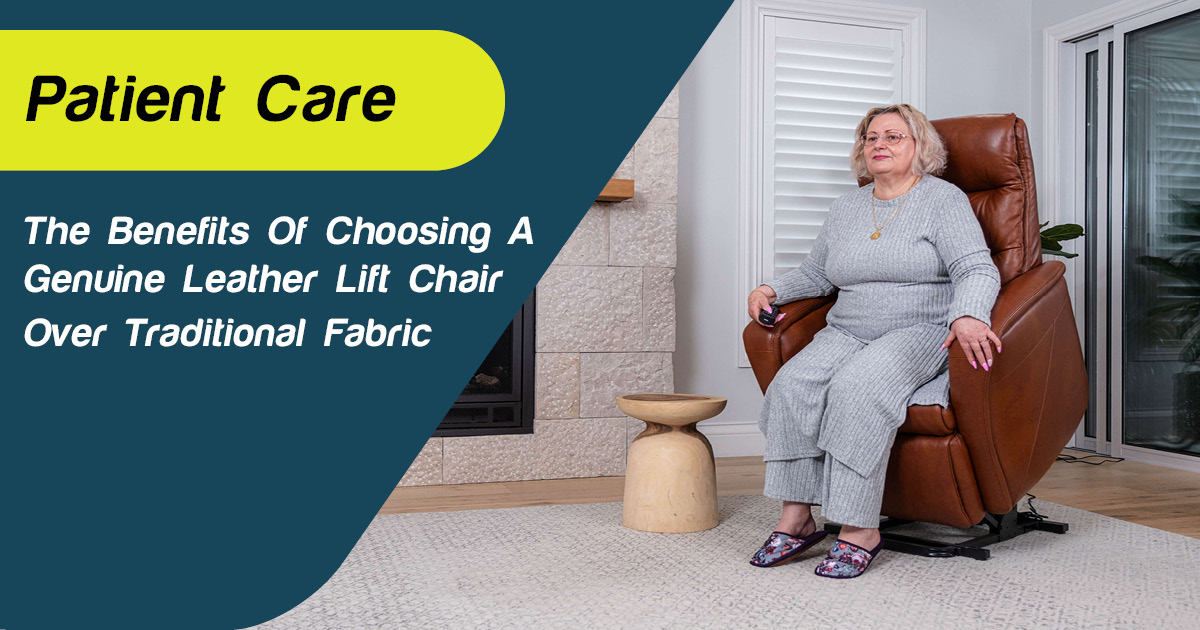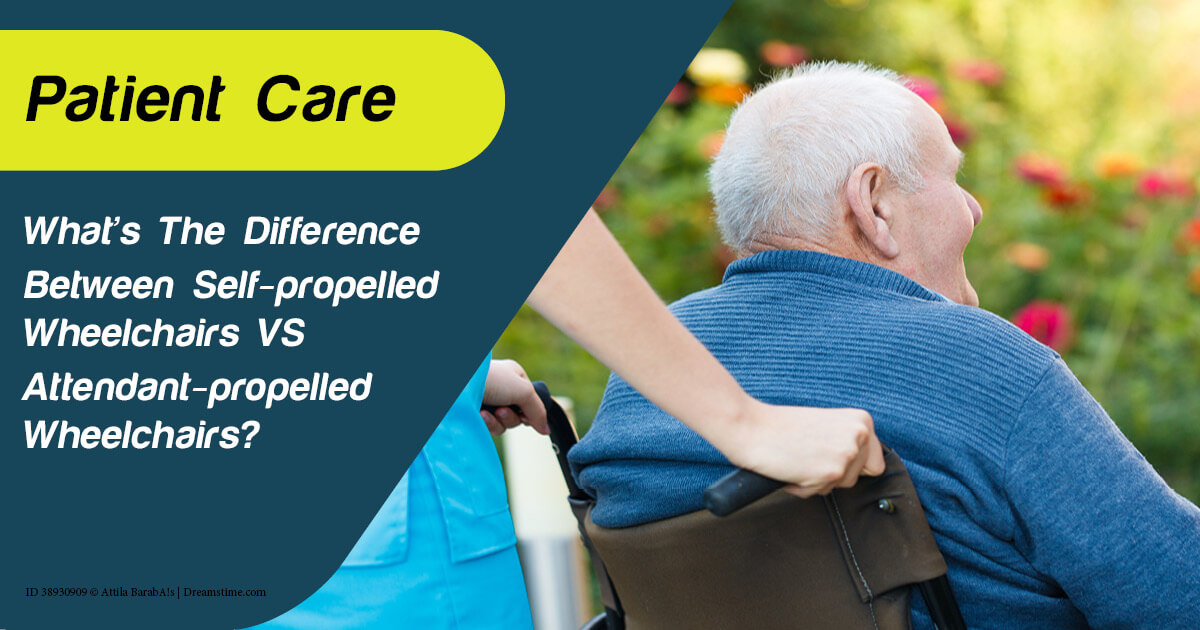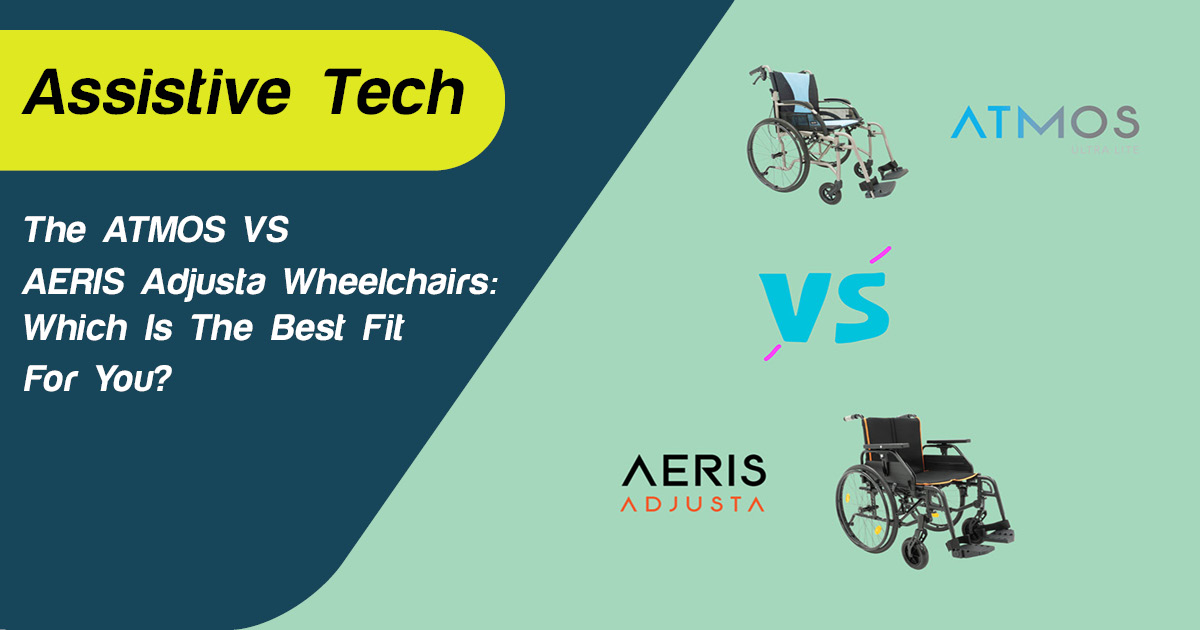
Share

Specialist Disability Accommodation (SDA) is designed for people with disabilities who have very high support needs. SDA is built with the latest assistive technology installed, so tenants can live safely and independently among like-minded, age-appropriate housemates (and support workers where required).
SDA is often built with additional structural support and features like reinforced ceilings so that a ceiling hoist can be installed or lower countertops and wider doorways for people who use a wheelchair or mobility device.
According to the NDIS, most participants don’t need to live in SDA, but it’s good to know what options are available for you. To help make SDA house hunting a little easier, we’ve broken down the NDIS SDA rules, eligibility criteria and alternative options if you are deemed ineligible for SDA.
NDIS SDA Eligibility Criteria

Source: Pexels
To determine if you meet NDIS SDA eligibility criteria, the NDIS will ask you three questions:
- Do you have an extreme functional impairment or very high support needs?
- Do you have an SDA needs requirement?
- Does SDA meet the NDIS funding criteria for you?
As per the NDIS SDA rules, you may also be asked for evidence of your support needs, including a report from an allied health professional. It’s important to provide as much information as possible when determining your SDA eligibility.
Do you have an extreme functional impairment or very high support needs?
SDA is specifically designed for people with disabilities who have extreme functional impairment or very high support needs. According to the NDIS, an “extreme functional impairment” means you have trouble completing some daily tasks on your own or sometimes may not be able to do them at all.
These daily tasks might include:
- Mobility tasks, e.g. walking, climbing stairs, getting in and out of bed or a chair, carrying or moving items, or getting out of the house.
- Self-care tasks, e.g. washing, going to the toilet, getting dressed, eating and drinking, talking or taking medication.
- Self-management tasks, e.g. housework, making friends and building relationships, maintaining boundaries, controlling your behaviour, or following routines.
Alternatively, “very high support needs” means you need a lot of one-on-one support for most of the day and immediate access to this support. The NDIS will ascertain whether your friends and family can provide suitable support or whether housing is required to help reduce any safety risks you face on a daily basis.
Do you have an SDA needs requirement, and does SDA meet your funding criteria?
The NDIS will take a look at the goals in your existing NDIS plan and current supports to ensure that SDA will lead to better outcomes for you. Outcomes might include:
- Improving, maintaining or preventing your functional capacity from getting worse
- Reducing your future support needs
- Enabling you to do more daily tasks independently
- Creating better connections with your family, community, education and employment prospects, and your health services
- Pursuing life goals like moving out of home or moving in with a partner.
Considering these potential outcomes ensures SDA will help you pursue your goals, provide value for money, and complement the other supports in your plan.
.SDA Design Categories

Source: Pexels
If you are deemed eligible for SDA, the NDIS will place you into one of four housing categories.
- Improved livability, i.e. housing with better physical access. This kind of housing includes features tailored to individuals with sensory, intellectual or cognitive impairments. These features might include walls and floors that are very easy to see, stair-free floor plans or minimal stairs.
- Fully accessible, i.e. housing for those with physical challenges. For example, if you use a wheelchair or mobility device, you may be offered SDA with ramps and no steps.
- Robust, i.e. housing that is very strong and durable. This kind of housing is built to be safer for you and your housemates while reducing the need for repairs and maintenance. This is ideal for people with intellectual disabilities or complex behaviours.
- High physical support, i.e. housing with a high level of physical access for people with complex support needs. For example, you might need a ceiling hoist, backup power, home automation or communication technologies.
The NDIS will look at your individual needs, the features of each building category and type (e.g. an apartment vs a house), and what will make your supports easier to access or use. They will also consider other elements like specialty support products for the kitchen or bathroom or whether you need more space around your bed.
Alternative Housing Options If You Are Deemed Ineligible

Source: Pexels
If you are not eligible for SDA, there’s no need to stress. SDA is just one of Australia's many home and living support options!
- Supported independent living (SIL) — If you have higher support needs and need assistance at home all the time, SIL might be for you. SIL provides supervision with daily tasks, like cooking, cleaning and personal care, while helping you live as independently as possible
- Short-term accommodation — This accommodation is available when your friends, family or usual support workers are unavailable or if you want to test the waters and see what it’s like to live independently for a while. The NDIS can cover the cost of care in a place other than your current home for up to 14 days.
- Medium-term accommodation — If your disability supports aren’t ready and you can’t move into your long-term accommodation, the NDIS funds medium-term accommodation to give you somewhere to stay in the interim. Medium-term accommodation can be funded for up to 90 days.
- Home modifications — Rather than house hunting, home modifications can make your current accommodation safer and easier to manage. The NDIS can provide funding for changes that are minor or complex.
Different home and living supports suit different people — the NDIS will explain these different housing options to you so that you can live as independently as possible.
Active Mobility Makes Home Modifications Easy For Safe, Independent Living
Whether or not you’re eligible for SDA under NDIS SDA rules, we can help make living independently easy. At Active Mobility, we stock an incredible range of disability products and equipment designed for mobility, accessibility and more.
Browse through our collection of products online, or contact us for more information about claiming costs under the NDIS. Active Mobility is a registered NDIS provider.









